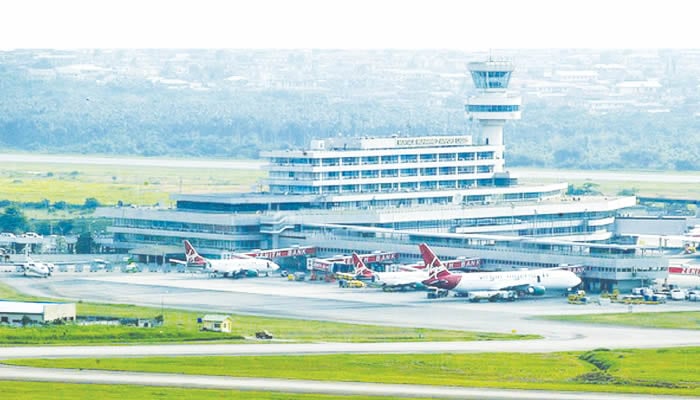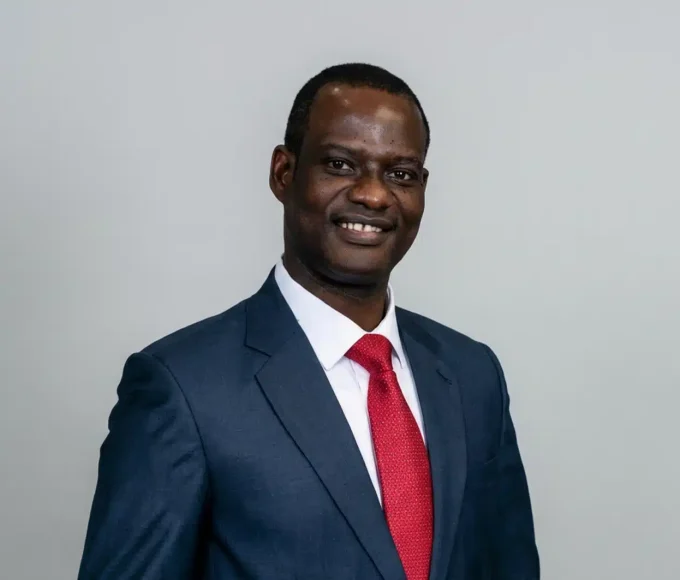
Nigerian Airlines Struggle as Ghana Cuts Airfares Amid Policy Contrast

Nigeria’s domestic airlines are grappling with shrinking routes, declining passenger numbers, and rising operating costs, even as neighbouring Ghana is cutting domestic airfares in the opposite direction.
Aero Contractors’ Chief Financial Officer, Charles Grant, said local carriers have lost about three million passengers in two years due to high taxes, multiple charges, and an unfriendly policy environment. He noted that airlines now battle reduced route networks, high maintenance costs, and persistent foreign exchange shortages, making aircraft parts and fuel more expensive.
Airlines are operating under enormous strain, Grant said. We have fewer planes flying, fewer routes, and rising costs. It’s becoming unsustainable.
Industry analysts say most Nigerian carriers, including Air Peace, Max Air, and United Nigeria Airlines, have cut frequencies on major routes such as Lagos–Abuja and Lagos–Port Harcourt. One-way tickets on these routes now exceed ₦100,000, pricing out many travellers.
The situation contrasts sharply with Ghana, where carriers recently slashed fares following an appreciation of the cedi and reduced aviation fuel costs. According to West Africa Weekly, domestic operator Passion Air cut ticket prices by 10 per cent in June, after the Ministry of Transport urged airlines to pass on the benefits of the stronger currency to passengers.
While Ghana’s more stable forex regime has lowered costs for operators, Nigeria’s currency volatility continues to squeeze airlines, forcing them to raise prices or suspend routes altogether.
Aviation experts warn that if the policy environment does not improve, Nigeria risks losing more of its market to foreign airlines such as ASKY, RwandAir, and Africa World Airlines, which already dominate regional routes.
Grant said the problem is not only about national pride but about economic opportunity. “Every grounded aircraft means jobs lost and potential revenue for the economy gone,” he said.
The contrast between the two countries underscores the role of economic management in air travel costs. As Ghana’s carriers gain ground through favourable policies, Nigerian airlines continue to face turbulence from within.
Read More:
- Russia Strengthens Ties with Burkina Faso through New Open Education Centre in Ouagadougou
- Cocoa Farmers in Ondo Push Back Against New Forest Policy
About The Author
Related Articles
Tinubu Deducts N100bn Monthly From Federation Account Without Approval El-Rufai Alleges Says Action Deserves Impeachment
Former Kaduna State Governor Nasir El-Rufai has launched a blistering attack on...
ByWest Africa WeeklyJanuary 26, 2026After Taiwo Oyedele’s Denials, Lagos State Activates ‘Power of Substitution’ Under Tinubu-Altered Tax Law, Allowing Authorities to Redirect Payments Without Court Orders
Lagos State has moved to activate a controversial enforcement provision in the...
ByWest Africa WeeklyJanuary 26, 2026Ivory Coast to Buy Unsold Cocoa to Support Farmers
Ivory Coast has announced a government plan to purchase unsold cocoa stock...
ByWest Africa WeeklyJanuary 23, 2026Ghana Moves to Reclaim Kwame Nkrumah’s Former Residence in Guinea
Ghana has embarked on a diplomatic and cultural initiative to reclaim the...
ByWest Africa WeeklyJanuary 23, 2026












Leave a comment